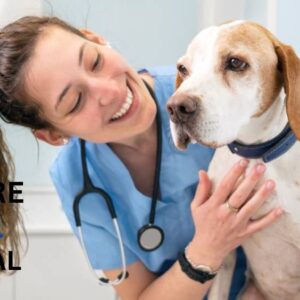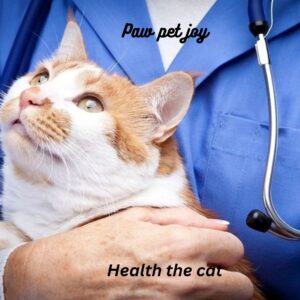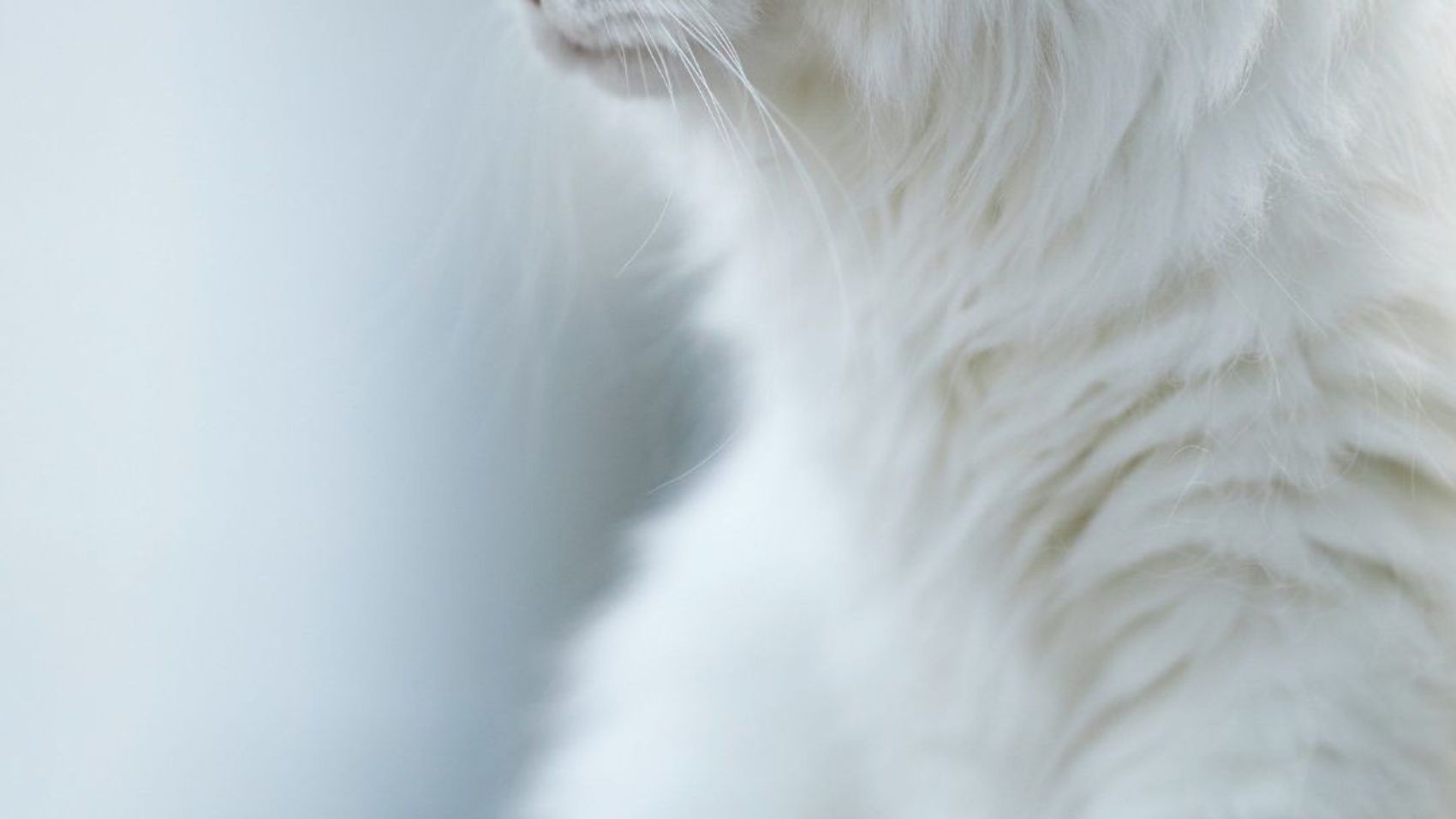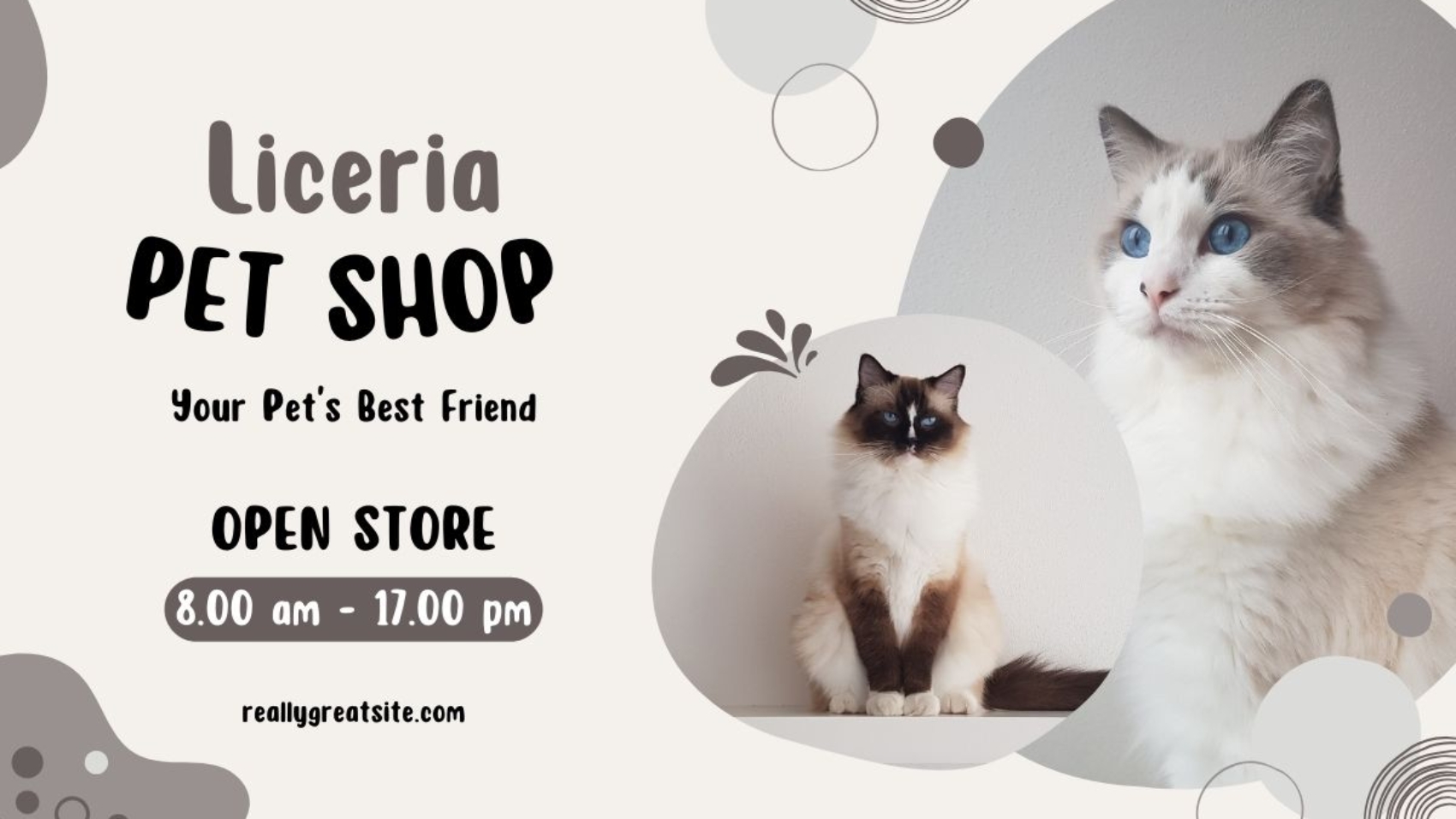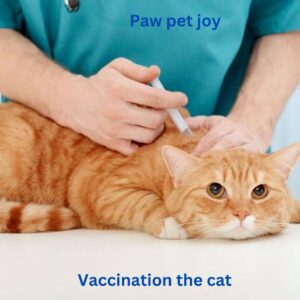By taking the time to carefully consider these factors before adopting a pet, you can ensure that you are well-prepared to provide a stable home for your pet
Introduction:

Adopting a pet is a big decision that can bring immense joy and fulfillment to your life. However, it also comes with a lot of responsibility and commitment. Before you take the leap into pet parenthood, there are several important factors to consider to ensure that you are ready for the responsibility and can provide a loving and stable home for your new furry friend.
One of the first things to consider is your lifestyle and living situation. Do you have enough time to dedicate to caring for a pet, including daily walks, feeding, and grooming? If you live in a small apartment, is there enough space for a pet to roam and play? Additionally, it’s important to consider the financial implications of pet ownership, including food, vet visits, grooming, and any unexpected medical expenses.
- Budget for adopting a pet
- Fully house ready before pet adoption
- Ready Bed, Bath and beyond before pet adoption
- Adopting a pet Terri tory
- Reschedule your schedule at adopting pet
Budget for adopting a pet

When deciding to adopt a pet, one of the most important factors to consider is your budget. Bringing a new pet into your home is not just about the initial adoption fees, there are many ongoing costs associated with pet ownership that need to be taken into account.
You will need to consider the adoption fee for the pet itself. This can vary depending on the type of animal you are looking to adopt and where you are adopting from. Some shelters may have higher fees than others, so it’s important to do your research and budget accordingly.
Once you have paid the adoption fee, there are a number of other expenses that you will need to budget for. One of the biggest ongoing costs of pet ownership is food. Depending on the size and breed of your pet, food costs can add up quickly. You will also need to budget for pet supplies such as bedding, toys, grooming supplies, and possibly a crate or carrier.
Another important cost to consider is veterinary care. Pets need regular check-ups, vaccinations, and preventative medications to stay healthy. In addition, unexpected medical expenses can arise if your pet becomes sick or injured. It’s a good idea to set aside a portion of your budget for emergency veterinary care just in case.
It’s also important to consider the cost of pet insurance. While this is not mandatory, having pet insurance can help offset the cost of unexpected medical expenses. There are many different pet insurance providers to choose from, so it’s important to research and find a plan that works for your budget.
In addition to medical expenses, you will also need to budget for grooming and grooming supplies. Depending on the breed of your pet, grooming costs can vary. Some pets may need regular grooming appointments, while others may require only the occasional bath and brush at home.
Training is another cost to consider when adopting a pet. Whether you choose to enroll your pet in obedience classes or hire a private trainer, training can be a significant expense. It’s important to budget for training in order to ensure that your pet is well-behaved and happy in their new home.
It’s important to consider the cost of boarding or pet-sitting if you plan to travel without your pet. Boarding facilities or pet-sitters can be expensive, so it’s important to budget for this cost if you anticipate being away from your pet for an extended period of time.
Adopting a pet is a rewarding experience, but it’s important to consider your budget before making the decision to bring a new furry friend into your home. By accounting for all of the potential expenses associated with pet ownership, you can ensure that you are financially prepared to give your new pet a happy and healthy life.
Fully house ready before pet adoption
When you’re thinking about adopting a pet, it’s important to make sure that your home is fully prepared for their arrival. Bringing a pet into your home is a big responsibility, and it’s crucial to ensure that you have everything in place to provide a happy and comfortable environment for your new companion.

One of the first factors to consider when getting your home ready for a pet is pet-proofing. Just like child-proofing your home for a baby or toddler, you’ll want to make sure that there are no potential hazards for your new pet. This might include making sure that all toxic substances are out of reach, securing any loose wires or cords that could be chewed on, and ensuring that there are no small objects that could be swallowed.
In addition to pet-proofing, you’ll want to make sure that your home is equipped with all the necessary supplies for your new pet. This might include a comfortable bed or crate, appropriate food and water dishes, high-quality pet food, and plenty of toys and treats to keep them stimulated and entertained. Depending on the type of pet you adopt, you may also need items like a litter box, scratching post, or grooming supplies.
Another important consideration when preparing your home for a new pet is making sure that you’re able to provide them with the appropriate level of exercise and mental stimulation. Different pets have different needs when it comes to playtime and activity, so it’s important to do your research and make sure that you can meet your new pet’s needs. This might mean setting aside time each day for walks, playtime, or training sessions.
It’s also important to consider any other pets or family members in your home when getting ready to adopt a new pet. Introducing a new pet into a household with existing pets can be a delicate process, so it’s important to take the time to properly introduce them and monitor their interactions. Similarly, if you have young children in your home, it’s important to teach them how to properly interact with and care for the new pet.
Finally, before bringing a new pet into your home, it’s important to consider the financial aspect of pet ownership. Pets can be expensive, and it’s important to make sure that you’re prepared to invest in their care. This might include budgeting for routine veterinary expenses, grooming costs, and unexpected medical emergencies. It’s also a good idea to look into pet insurance or a savings account specifically designated for pet expenses.
Ready Bed, Bath and beyond before pet adoption
Before bringing a new pet into your home, it’s important to be fully prepared to provide them with a safe, comfortable environment. One important aspect to consider is their sleeping arrangements. Your new pet will need a cozy and secure place to rest and recharge.

When considering where your pet will sleep, think about their size and breed. Some pets may prefer a soft bed on the floor, while others may enjoy sleeping in a crate. It’s important to provide them with a space that is their own and where they can feel safe and secure. Additionally, investing in a high-quality bed or crate will ensure that they have a comfortable place to sleep for years to come.
In addition to sleeping arrangements, it’s important to consider your pet’s bathing needs. Depending on the type of pet you adopt, they may require regular grooming and bathing. It’s important to have the necessary supplies on hand, such as pet-safe shampoo, towels, and grooming tools. Regular grooming not only helps to keep your pet clean and healthy, but it also provides an opportunity for bonding and building trust with your new pet.
Another important aspect to consider is your pet’s hygiene and general care. Before bringing your new pet home, make sure that you have the necessary supplies such as food and water bowls, food, and treats. It’s important to provide your pet with a balanced diet that meets their nutritional needs. Additionally, make sure you have plenty of toys and enrichment activities to keep your pet entertained and mentally stimulated.
Beyond the basics of sleeping arrangements and grooming, it’s important to consider the overall safety and comfort of your home for your new pet. Make sure to pet-proof your home by removing any potential hazards such as toxic plants, electrical cords, and small objects that your pet could swallow. Additionally, consider investing in pet gates or crates to keep your pet contained in safe areas of your home when needed.
Before bringing a new pet home, it’s important to consider the financial implications of pet ownership. Pets require regular veterinary care, grooming, and food, as well as unexpected expenses such as emergencies or illnesses. Make sure that you are prepared to provide for your pet’s needs and have a plan in place for any unexpected costs that may arise.
Before bringing a new pet into your home, consider your own lifestyle and schedule. Pets require time, attention, and commitment, so make sure that you are able to provide the love and care that your new pet will need. Consider your work schedule, travel plans, and any other commitments that may impact your ability to care for your pet.
Adopting a pet is a big responsibility that requires careful consideration and preparation. By taking the time to ensure that you are ready to provide a safe and comfortable environment for your new pet, you will be setting both you and your pet up for a happy and healthy life together.
Adopting a pet Terri tory
When considering adopting a pet, one important factor to take into account is your living situation. Think about the space you have available in your home for a pet to roam around and whether your living arrangement allows for pets. If you rent your home, you may need to check with your landlord or apartment complex to see if pets are allowed.

Another crucial factor to consider is your daily schedule. Pets require time and attention, so think about how much time you can realistically dedicate to caring for a pet. If you work long hours or travel frequently, you may need to reconsider adopting a pet or look into hiring a pet sitter or dog walker to help you care for your furry friend.
Additionally, it’s important to consider your financial situation before adopting a pet. Pets can be expensive, with costs including food, supplies, veterinary care, and grooming. Make sure you have a budget in place for these expenses and are prepared for the financial responsibility that comes with pet ownership.
Another factor to think about is your lifestyle and activity level. Different pets have different needs and energy levels, so consider what type of pet would best fit into your daily routine. If you are an active person who enjoys outdoor activities, a dog may be a good fit. If you have a more laid-back lifestyle, a cat or small animal may be a better choice.
Consider your future plans before adopting a pet. Pets can live for many years, so think about how a pet would fit into your future plans for things like moving, traveling, or starting a family. Make sure you are committed to providing a forever home for your new pet, no matter what changes may come in your life.
Do some research on different types of pets to find one that matches your personality and preferences. Consider factors like size, breed, temperament, and grooming needs when choosing a pet. It’s important to find a pet that fits well with your lifestyle and living situation to ensure a happy and harmonious relationship.
Think about the emotional commitment that comes with pet ownership. Pets can bring a lot of joy and companionship into your life, but they also require love, attention, and care. Make sure you are prepared to make the emotional investment necessary to provide a happy and healthy life for your pet.
Finally, consider the long-term commitment of pet ownership. Pets require time, effort, and resources to care for properly, so make sure you are ready to make a lifelong commitment to your new furry friend. Think about the responsibilities that come with pet ownership and whether you are prepared to take on those responsibilities for the long haul. Adopting a pet is a big decision and should not be taken lightly, so make sure you have thoroughly considered all of these factors before bringing a new pet into your home.
Reschedule your schedule at adopting pet
When considering bringing a pet into your home, one of the most important factors to think about is how your current schedule will accommodate a new furry friend. Pets require time, attention, and care, and it’s essential to ensure that you can provide all of these things before adopting.
First and foremost, think about how much time you currently spend at home. Are you out of the house for long periods of time due to work or social commitments? Pets, especially dogs, can become anxious and develop behavioral issues if left alone for extended periods. Make sure you are able to spend enough time with your new pet to keep them happy and healthy.
Another aspect to consider is your daily routine. Pets thrive on routine and consistency, so it’s important to think about whether you will be able to commit to feeding, walking, and playing with your pet at the same times every day. If your schedule is unpredictable or constantly changing, it may not be the best time to bring a pet into your life.
Additionally, think about any upcoming changes to your schedule that could affect your ability to care for a pet. Are you planning on starting a new job, moving to a new home, or going on an extended vacation? These changes can be stressful for pets, so it’s important to ensure that you are able to provide them with stability and consistency during these times.
If you have a busy social life or frequently travel for work, it’s important to consider how you will incorporate your pet into these activities. Will you be able to bring your pet with you when you travel, or will you need to make arrangements for their care while you are away? Planning ahead and ensuring that your pet will be well taken care of during these times is crucial for their wellbeing.
It’s also important to think about your financial situation when considering adopting a pet. Pets can be expensive, with costs for food, vet visits, grooming, and other necessities adding up quickly. Make sure you have the financial means to provide for your pet’s needs before bringing them into your home.
Consider how a pet will fit into your overall lifestyle. Will having a pet enhance your quality of life and bring you joy, or will it add stress and strain to your daily routine? Pets require a significant amount of time, energy, and commitment, so it’s important to be honest with yourself about whether you are truly ready to take on the responsibility of caring for another living being.
FAQ: What are the benefits of adopting a pet from a shelter or rescue?
Answer: Adopting a pet from a shelter or rescue not only saves a life but also supports responsible pet ownership and helps reduce pet overpopulation. Additionally, many shelter pets are already spayed/neutered, vaccinated, and microchipped, which can save adopters time and money on initial veterinary care.
FAQ: How do I know if adopting a pet is the right decision for me?
Answer: Adopting a pet is a significant commitment that requires time, resources, and dedication. Consider factors such as your lifestyle, living situation, financial stability, and ability to provide proper care and attention to a pet. It’s essential to ensure that you are ready for the responsibilities of pet ownership before making the decision to adopt.
FAQ: What should I consider when choosing a pet to adopt?
Answer: When choosing a pet to adopt, consider factors such as the pet’s age, size, energy level, temperament, and compatibility with your lifestyle and household. Spend time interacting with potential pets to get to know their personalities and determine which one would be the best fit for your family and living situation.
FAQ: What is the adoption process like at a shelter or rescue?
Answer: The adoption process at a shelter or rescue typically involves filling out an application, undergoing an interview or home visit, and paying an adoption fee. Some shelters may also require references or a waiting period before finalizing the adoption. The goal of the adoption process is to ensure that the pet is placed in a responsible and loving home where their needs will be met.
FAQ: What should I do to prepare for bringing a new pet home?
Answer: Before bringing a new pet home, prepare your living space by pet-proofing it, setting up a designated area for your pet’s food, water, and bedding, and gathering essential supplies such as food, bowls, toys, and a collar or harness. Additionally, schedule a veterinary check-up for your new pet to ensure they are healthy and up-to-date on vaccinations. Finally, be patient and understanding as your new pet adjusts to their new environment and routine.
Conclusion:
Adopting a pet is a big decision that requires careful consideration of various factors. By taking into account the pet’s species, size, temperament, energy level, lifespan, maintenance needs, cost, and time commitment, you can ensure a successful and fulfilling adoption experience. Remember, a pet is a lifelong commitment that requires love, care, and responsibility. By thoroughly evaluating these factors beforehand, you can help ensure that you find the perfect pet to join your family.



